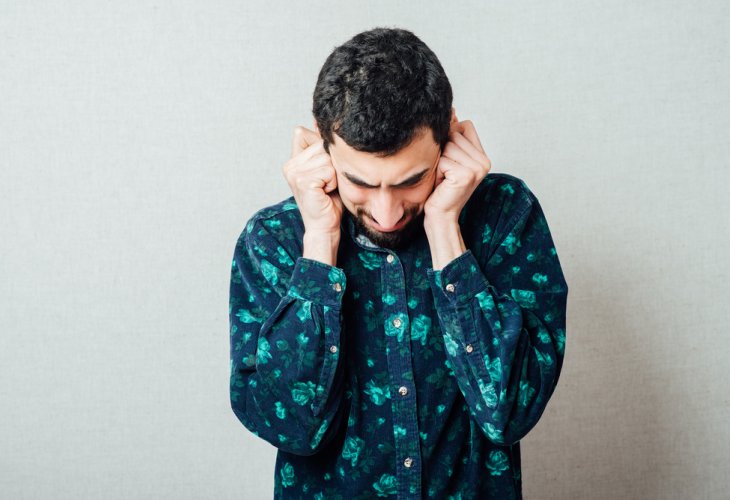Personality Development
Choosing to See the Good: The Power of Judging Others Favorably
How compassion, perspective, and unconditional love can transform our relationships.
 (Photo: shutterstock)
(Photo: shutterstock)In Pirkei Avot (Ethics of the Fathers 1:6) we are taught: “Judge every person favorably.”
It is exceedingly difficult for us to judge others favorably. “He hurt me,” “He did this to me,” “It was intentional,” “He ignored me”- we have a million reasons to dismiss or condemn the people around us, both near and far.
When you’re commanded to judge everyone favorably, the instruction is to stop, take a deep breath, and ask yourself: Is it possible that what seems completely wrong to me might actually be completely innocent?
The Chafetz Chaim used to say that the mind’s ability to “bend” logic was created only to help us judge others favorably. Once you twist your thinking and try to see the good, you generally find that the people around you had no bad intentions- you simply misunderstood or assumed the worst.
How do we take something that looks clearly wrong and reframe it in a positive light?
My father, Rabbi Chaim Rabi, gives a simple suggestion: Pretend the person in front of you is someone very close to your heart, such as your own child, your sibling, or your parent. How would you look at the situation then? How would you interpret their actions?
Take that same compassionate lens and apply it to the person standing in front of you. If you’d give your own child the benefit of the doubt, remember that the person before you is no less precious in the eyes of G-d. About them, too, it says: “Judge every person favorably.”
During the Three Weeks of mourning, we remember that the Second Temple was destroyed because of baseless hatred. We rebuilt it through baseless love.
Even if someone seems undeserving of love, give it anyway, generously and wholeheartedly. Through that, may we merit the rebuilding of our holy Temple, speedily in our days, amen.

